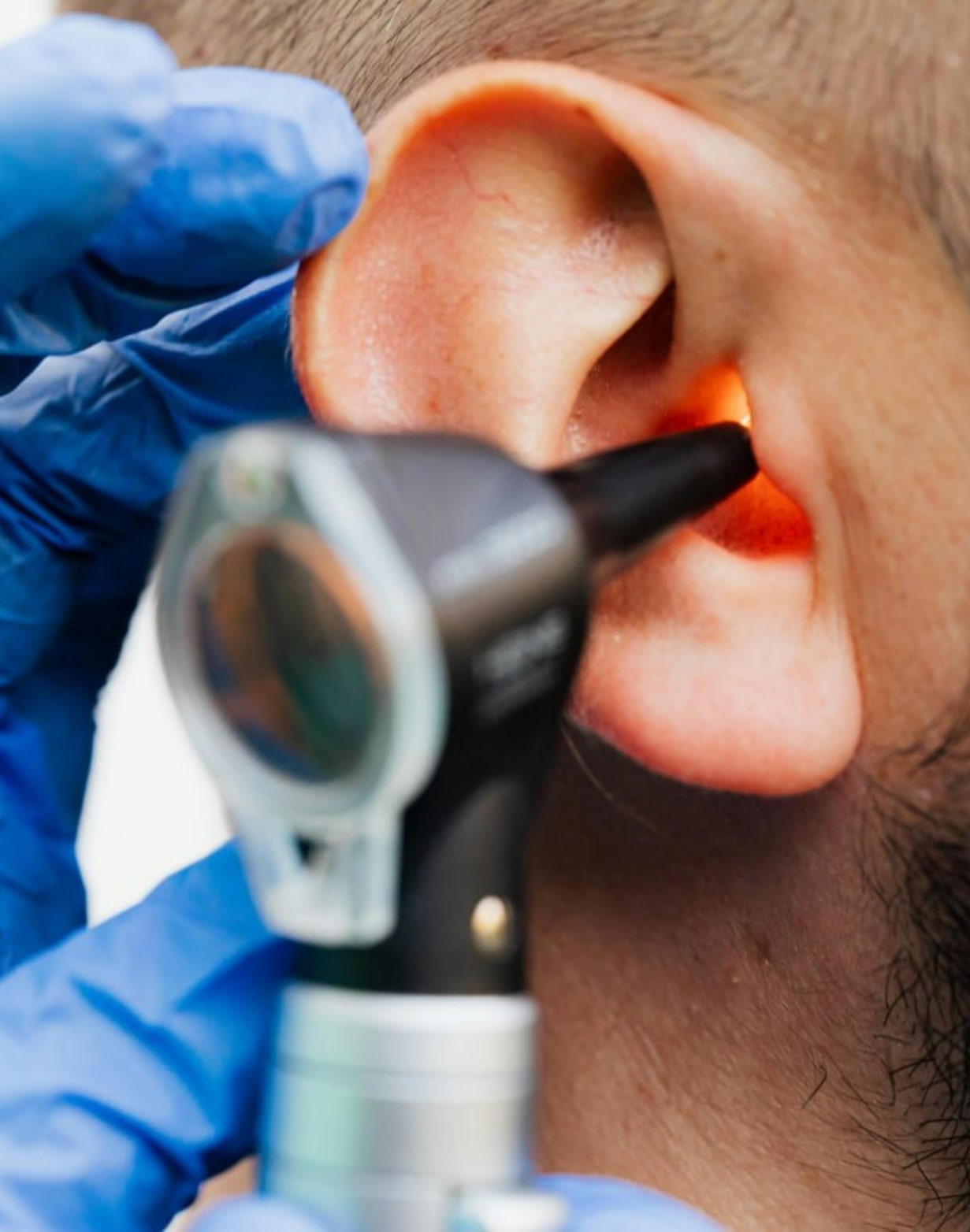Comprehensive Hearing Evaluations for All Ages
Conventional Hearing Tests
Our detailed hearing tests assess hearing ability, speech clarity, and middle ear function to detect early signs of hearing loss and provide personalized treatment recommendations.
Hearing Tests: The Foundation for Better Hearing
Accurate hearing assessments are essential for identifying and understanding any hearing difficulties you may be experiencing. At NovaSound Center, we provide comprehensive hearing tests that go beyond simple screenings. Our evaluations assess your ability to hear sounds at different frequencies and understand speech in various environments, giving us a complete picture of your hearing health.
Our Hearing Tests Include:
- Pure Tone Audiometry: This test measures your hearing sensitivity at different frequencies (pitches) to determine the softest sounds you can hear. It helps identify the degree and type of hearing loss you may have.
- Speech Audiometry: This test evaluates your ability to understand speech in quiet and noisy environments. It helps determine how well you can hear and understand conversations in real-world situations.
- Tympanometry: This test measures the function of your middle ear, including the eardrum and the tiny bones that transmit sound to the inner ear. It can help identify conditions like fluid in the middle ear or eardrum perforations.
Our specialists will guide you through every step of the testing process, ensuring accurate and reliable results. We take the time to explain your results in detail and answer any questions you may have.
0%
60% of Adults Skipping Hearing Tests!!
Over 60% of adults with hearing loss haven’t had their hearing tested.
(Source: National Institute on Deafness and Other Communication Disorders) Don’t let busy schedules or inconvenience prevent you from prioritizing your hearing health.

The Hidden Consequences of Untreated Hearing Loss
Did you know that untreated hearing loss can have a significant impact on your quality of life? Studies have shown that hearing loss can lead to:
- Social isolation and withdrawal: Difficulty hearing conversations can make it challenging to participate in social activities.
- Cognitive decline: Untreated hearing loss has been linked to an increased risk of dementia and cognitive impairment.
- Reduced earning potential: Hearing loss can affect job performance and career advancement.
Don’t wait to take control of your hearing health.
Frequently Asked Questions About Hearing Tests
Curious about what to expect during a hearing test? Our FAQ section answers common questions about the process, benefits, and next steps to help you better understand your hearing health.
What is a conventional hearing test?
A conventional hearing test, also known as a comprehensive audiological evaluation, is a series of tests conducted by an audiologist to assess your hearing ability. It involves different procedures to evaluate your ability to hear sounds at various frequencies and understand speech in different environments.
Why do I need a conventional hearing test?
A conventional hearing test is recommended if you have noticed changes in your hearing, such as difficulty understanding conversations, needing to turn up the volume on your TV, or frequently asking people to repeat themselves. It helps determine the type and degree of hearing loss you may have, identify any underlying causes, and guide appropriate treatment options.
What tests are included in a conventional hearing test?
A conventional hearing test typically includes:
- Pure-tone audiometry: This test measures your ability to hear sounds at different frequencies (pitches) and loudness levels.
- Speech audiometry: This test assesses your ability to understand speech in quiet and noisy environments.
- Tympanometry: This test measures the function of your middle ear, including the eardrum and the tiny bones that transmit sound.
- Acoustic reflex testing: This test measures the reflexes of the muscles in your middle ear, providing information about the health of your auditory system.
How long does a conventional hearing test take?
A comprehensive hearing test usually takes about 30-60 minutes. This allows the audiologist to conduct all the necessary tests, thoroughly analyze the results, and discuss your hearing health in detail.
How should I prepare for a conventional hearing test?
There’s no special preparation needed for a conventional hearing test. However, it’s helpful to avoid exposure to loud noises for 24 hours before the test, if possible. Also, ensure your ears are free of excessive earwax, as this can affect the test results. If you have any concerns, you can discuss them with our audiologist before the test.
What happens after the hearing test?
After the hearing test, the audiologist will explain your results in detail and discuss any recommendations, such as hearing aids, assistive listening devices, or other management strategies. They will answer any questions you may have and work with you to develop a personalized plan to address your hearing needs.
